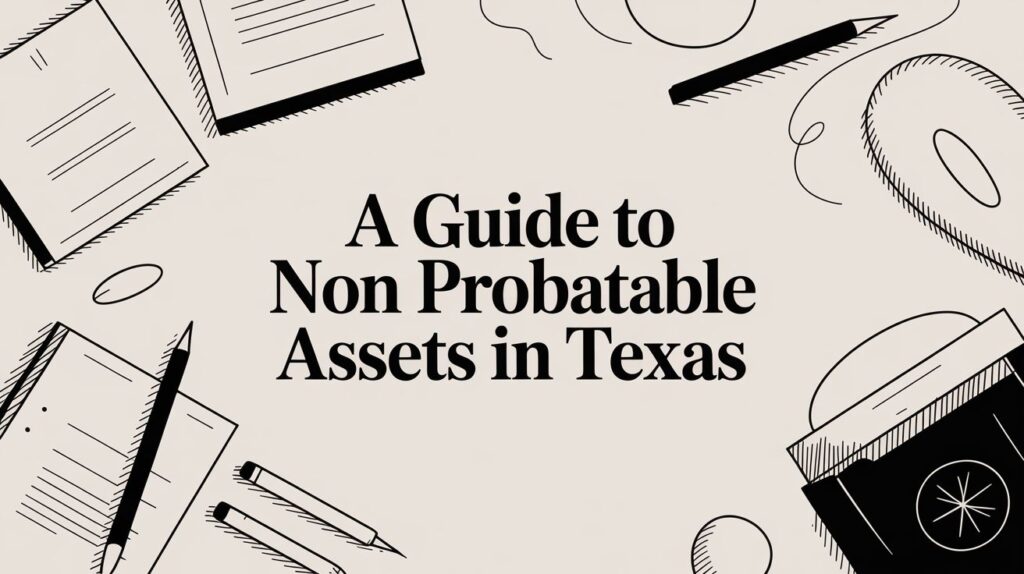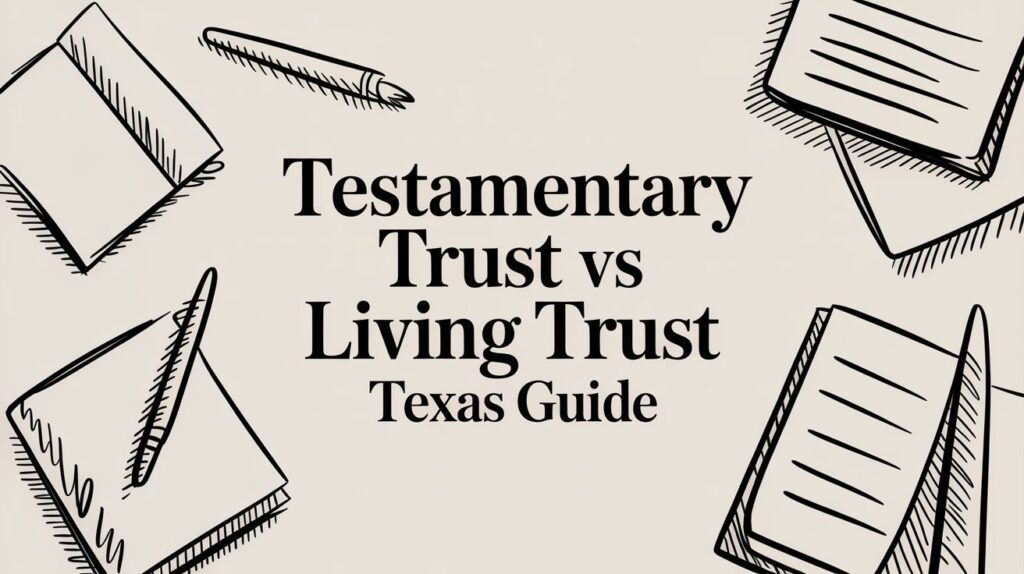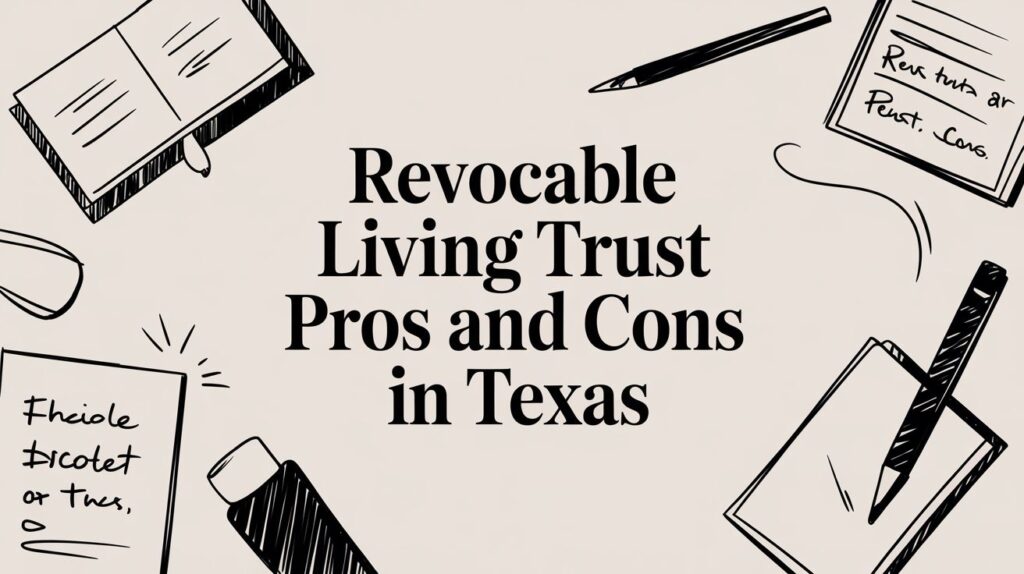The tiny home movement has taken the U.S. by storm, offering an affordable and minimalist lifestyle that appeals to many. However, while tiny homes are charming and cost-effective, navigating the legal landscape of owning one in Texas can be tricky. From zoning regulations to property taxes, there are key considerations that potential tiny homeowners need to keep in mind.
Are Tiny Homes Legal in Texas?
Texas is generally more permissive than other states when it comes to tiny homes. However, there is no statewide law explicitly regulating tiny houses, meaning that the rules vary by city and county. Some areas embrace tiny homes, while others impose strict zoning restrictions that make it difficult to legally place one on a piece of land.

Zoning Laws and Land Use Regulations
Zoning laws determine how land can be used, and in many cases, these laws are designed with traditional single-family homes in mind. Depending on the city or county, tiny homes may not be allowed as permanent residences. Some municipalities classify tiny houses as Accessory Dwelling Units (ADUs), which means they can be placed on a property that already has a primary home.
If you’re considering buying land for your tiny home, check with local zoning ordinances to determine if tiny homes are permitted.
Minimum Square Footage Requirements
Texas has fewer restrictions on minimum square footage compared to other states, making it friendlier to tiny homeowners. However, some areas still impose minimum size requirements for homes, typically ranging from 600 to 1,200 square feet. This can be a hurdle for those planning to build homes under 400 square feet.
RV Classification vs. Permanent Structure
Another key legal factor is whether your tiny home is classified as an RV (on wheels) or a permanent dwelling. Tiny homes on wheels (THOWs) are often considered recreational vehicles and must comply with RV regulations rather than standard residential building codes. This classification means you may be limited to parking your home in RV parks, campgrounds, or designated areas.
Where Can You Legally Place a Tiny Home in Texas?
Several cities and counties in Texas have become more tiny-home-friendly in recent years. Some of the best places for tiny homeowners include:
- Austin – One of the most progressive cities when it comes to tiny homes, Austin allows ADUs on certain residential lots and has multiple communities catering to tiny homeowners.
- Spur – Known as America’s first “tiny house-friendly town,” Spur has removed minimum square footage requirements, making it a hotspot for tiny home enthusiasts.
- Fort Worth and Houston – Some areas in these cities are experimenting with tiny home developments and relaxed zoning laws.
- Unincorporated Areas – If you purchase land outside of city limits, you may have more freedom in terms of zoning and building restrictions. However, you’ll still need to comply with county regulations.
Building Codes and Permits

If you plan to build a tiny home on a foundation rather than on wheels, it will need to comply with Texas building codes. Most homes must adhere to the International Residential Code (IRC), which includes requirements for plumbing, electrical work, and structural integrity. Some of the main considerations include:
- Ceiling Height – The IRC requires a minimum ceiling height of 7 feet in habitable rooms.
- Emergency Egress – Tiny homes must have at least one emergency exit window for safety.
- Plumbing and Electrical – If your home is on a permanent foundation, it must be connected to municipal water and sewer systems or have approved septic solutions.
Before building or placing a tiny home, ensure you obtain the necessary permits from your local building department.
Financing and Insurance for Tiny Homes
Financing a tiny home can be challenging because many banks do not offer traditional mortgages for them. However, there are alternative financing options, such as:
- Personal Loans – Many tiny homeowners finance their homes with personal loans, which often come with higher interest rates but fewer restrictions.
- RV Loans – If your tiny home is on wheels and classified as an RV, you may qualify for an RV loan.
- Credit Unions and Tiny Home Builders – Some credit unions and builders offer financing options tailored to tiny homes.
Insurance can also be tricky, as traditional homeowners’ insurance policies may not cover tiny homes, especially those on wheels. Specialized insurance providers offer policies for tiny houses, but premiums can vary based on location and classification.
Property Taxes on Tiny Homes
Property tax laws for tiny homes in Texas depend on how your home is classified:

- Permanent Tiny Homes – If your home is on a foundation, you will likely pay property taxes based on the land and home value.
- Tiny Homes on Wheels – If classified as an RV, your home may not be subject to traditional property taxes but could require registration and licensing fees.
Since Texas does not have a state income tax, property taxes can be higher than in some other states. Check with your county’s tax assessor to understand your obligations.
The Rise of Tiny Home Communities in Texas
Tiny home communities are gaining popularity in Texas, providing a legal and supportive environment for tiny homeowners. Some well-known communities include:
- Community First! Village (Austin) – A master-planned tiny home community providing affordable housing solutions.
- Lake Dallas Tiny Home Village – A pioneering development that allows tiny homes on wheels in a neighborhood-style setting.
- The Preserve at Texas Tiny Homes (Lake Livingston) – A dedicated space for off-grid and on-grid tiny living.
These communities offer infrastructure, utilities, and zoning approval, making them a hassle-free option for tiny home buyers.
Conclusion
Owning a tiny home in Texas comes with numerous benefits, but it also requires navigating complex laws and regulations. Before purchasing or building a tiny house, research local zoning laws, building codes, and property tax requirements. Whether you choose to place your tiny home in a supportive community or on private land, understanding the legal landscape will help you avoid complications and enjoy the benefits of minimalist living.
If you’re considering going tiny in Texas, take the time to plan ahead, consult with local authorities, and find the best location that aligns with your vision of homeownership. With the right approach, you can make your tiny home dreams a reality in the Lone Star State!








